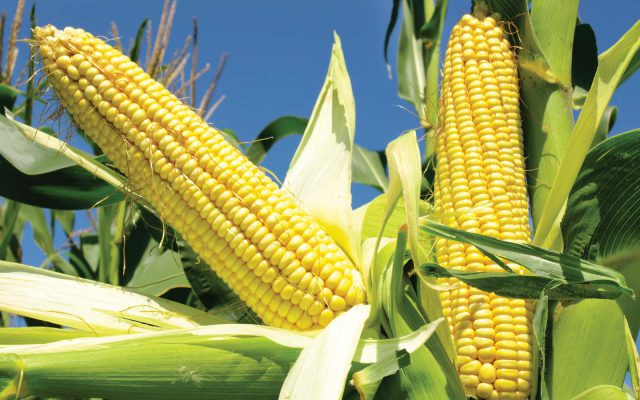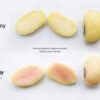Broa is a popular maize bread in Portugal and plays an important economic and social role in many rural communities around the country. Maize flour, maize semolina (course, purified maize middlings) are the main ingredients of broa, together with other cereals such as wheat and rye. Scientist Telmo Fernandez and colleagues at Universidade do Porto assessed the effect of thermal treatment involved in breadmaking process in DNA degredation, DNA amplification, and GMO quantification to investigate on the traceability of GMO in highly processed foods like broa.
DNA degradation was observed after dough baking and all other parts of bread sampling. PCR of extracted DNA from three distinct maize breads (broa 1, 2, and 3) showed that the sequences for invertase gene and for events MON810 and TC1507 were easily traced just like other strong products. Real-time PCR showed that GMO quantification was possible in the three breads in different sampling locations and the average quantitative results were close to the actual values of broa 1. When broa 2 and 3 were exposed to the same baking treatment, it was found that the contents of MON810 were underestimated, implying that heat-processing was not the cause of the distortion. The researchers concluded that the particle size and mechanical processing of raw maize are vital factors in GMO quantification.
Read the abstract at http://www.sciencedirect.com/science/article/pii/S0308814612016159#.







